7 Behavior Changes In Senior Dogs And 7 Tips To Make Things Better
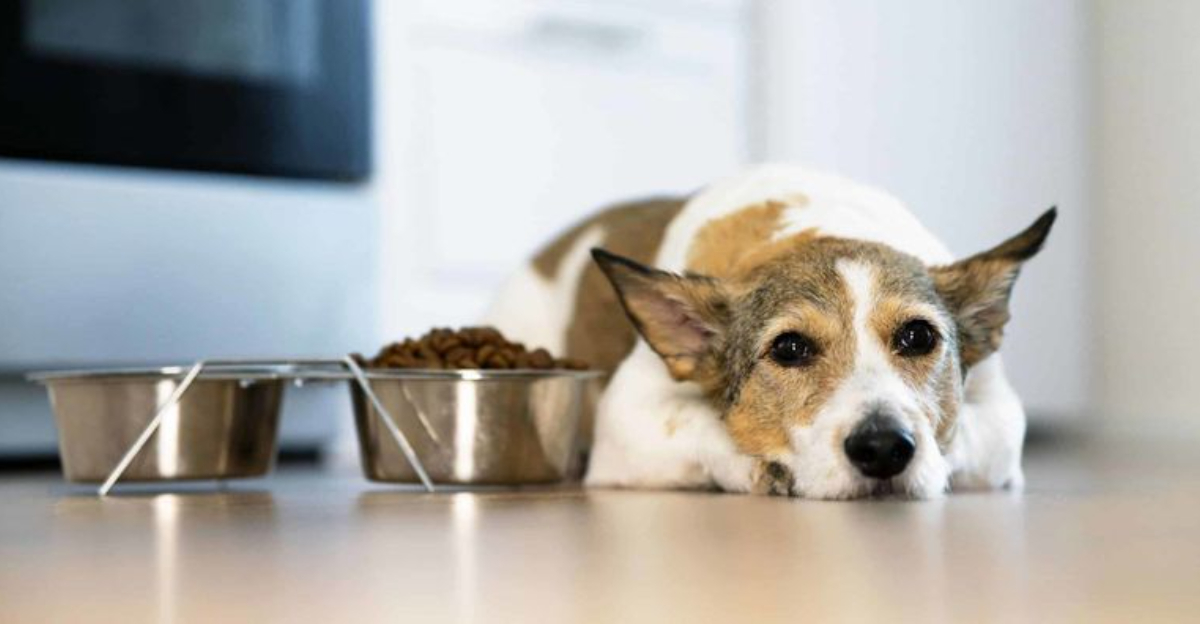
As dogs enter their senior years, much like humans, they undergo various behavioral changes. These transformations can sometimes be challenging for their owners to navigate.
However, understanding the changes and knowing how to address them can significantly improve the quality of life for both the pets and their humans.
Here are seven common behavioral shifts observed in senior dogs, along with seven practical tips to help manage these changes effectively.
1. Increased Sleep
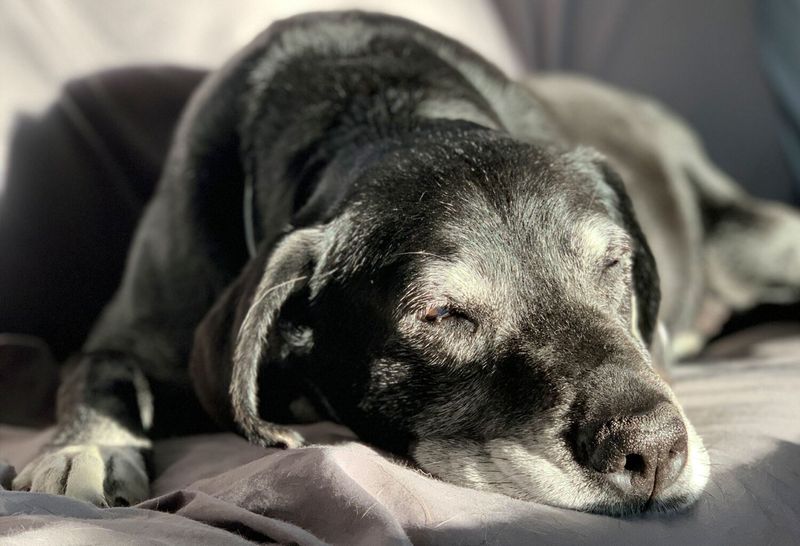
Senior dogs often sleep more as they age, needing extra rest to recharge. This is primarily due to their slowing metabolism and reduced energy levels. Owners might notice their furry friends napping in sunny spots or snuggling into their beds more frequently.
While more sleep is normal, it’s crucial to monitor for excessive lethargy, which could signal health issues. Regular vet check-ups can help ensure your dog remains healthy as they age.
2. Decreased Activity
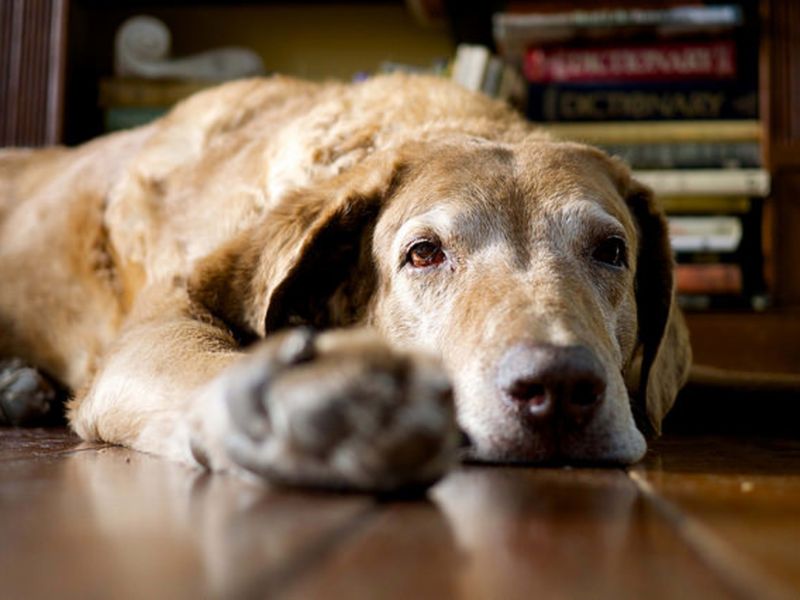
Older dogs often show a decline in physical activity, preferring relaxation over playtime. Joint pain or stiffness may contribute to this change, making movement less appealing.
To help, consider gentle exercises like slow walks or swimming, which are easier on the joints. Maintaining a routine without pushing too hard ensures your pet stays active and healthy.
3. Changes In Appetite
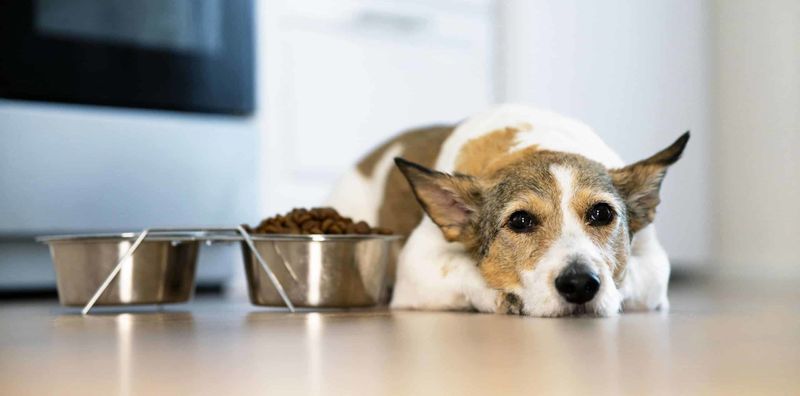
Senior dogs may exhibit changes in appetite, either eating less or sometimes more. These shifts could be due to altered metabolism or dental problems.
It’s essential to maintain a balanced diet tailored to their needs. Consult your vet to adjust their feeding plan, ensuring they receive necessary nutrients without overeating.
4. Increased Anxiety

Many older dogs develop anxiety, often due to cognitive changes or sensory loss. They might seem more nervous or clingy than before.
Creating a calm, secure environment helps soothe their anxiety. Using pheromone diffusers or calming music can also provide comfort.
5. Cognitive Decline
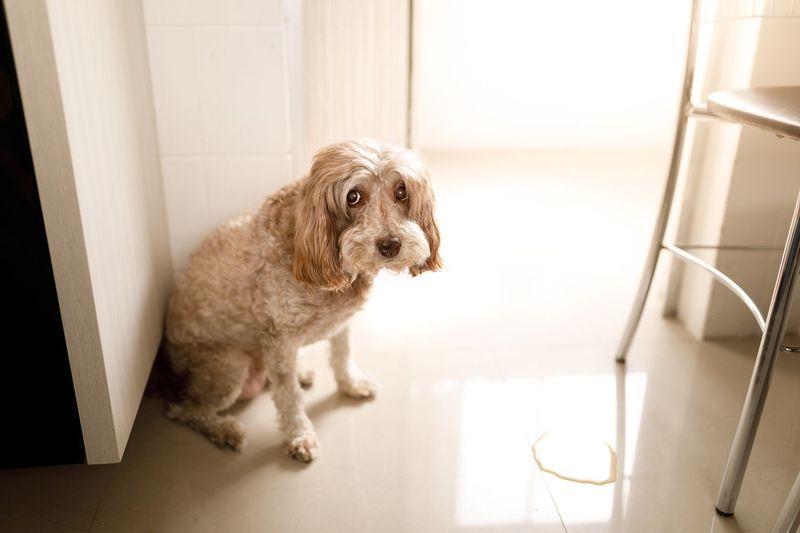
Cognitive decline, similar to dementia in humans, can affect senior dogs. They may seem disoriented or forgetful, struggling with familiar routines.
Engaging them in mental exercises, like puzzle toys or obedience training, helps stimulate their mind. Regular vet visits can also assist in managing symptoms.
6. Changes In Vocalization
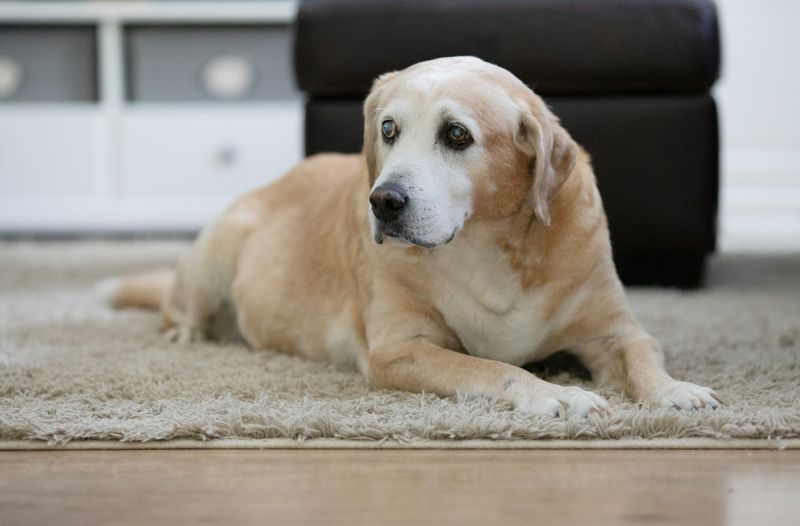
Senior dogs might change how often they vocalize, barking more or less than they used to. This can be due to hearing loss or cognitive changes.
Understanding triggers and providing reassurance helps manage this behavior. A vet check can rule out underlying issues causing the vocal changes.
7. Difficulty With Mobility
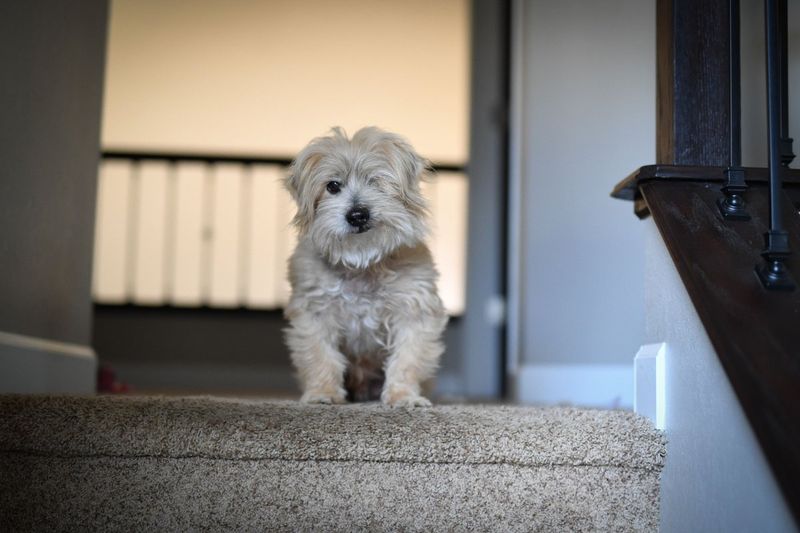
Mobility issues are common in aging dogs, often due to arthritis or muscle loss. They may find it hard to climb stairs or jump onto furniture.
Providing ramps or steps can ease movement around the home. Regular, low-impact exercises and a healthy weight are crucial in managing mobility issues.
8. Comfortable Resting Areas

Creating comfortable resting areas for senior dogs is essential. Soft, supportive beds can help alleviate joint pain and provide a cozy spot for relaxation.
Position their bed in a quiet, draft-free area, allowing them to sleep undisturbed. This simple step can significantly enhance their comfort and quality of life.
9. Regular Veterinary Check-ups
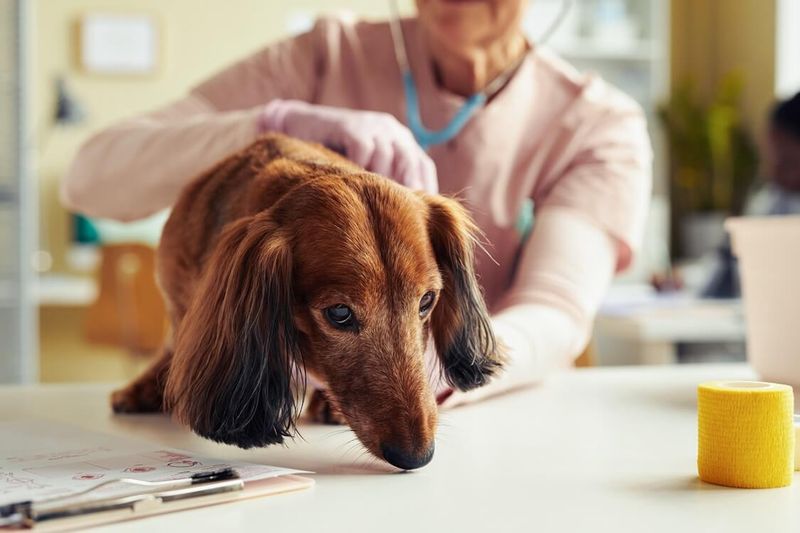
As dogs age, regular veterinary visits become increasingly important. These check-ups help detect and manage age-related health issues early.
Vets can provide tailored advice on diet, exercise, and any necessary treatments, ensuring your pet stays healthy and happy in their golden years.
10. Adequate Hydration
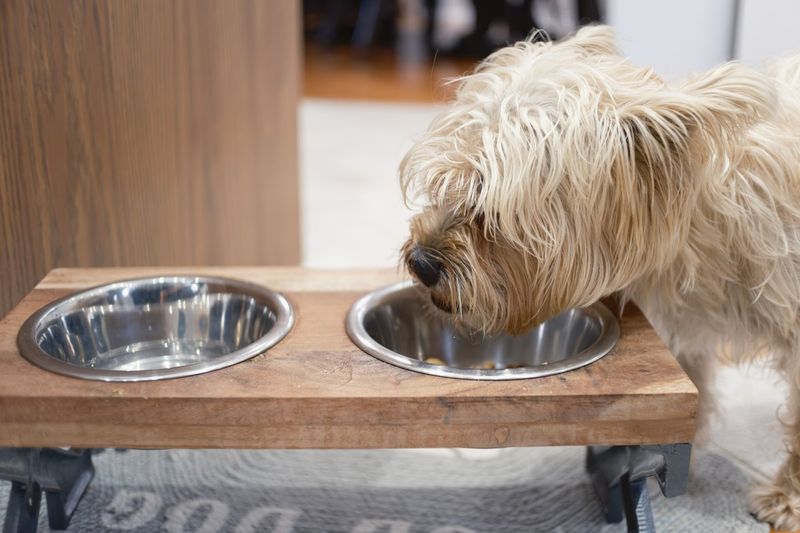
Proper hydration is crucial for senior dogs, as dehydration can exacerbate health problems. Ensure fresh water is always available and encourage regular drinking.
Consider using a pet fountain to make water more appealing. Monitoring their intake can prevent issues like urinary tract infections.
11. Maintain A Routine
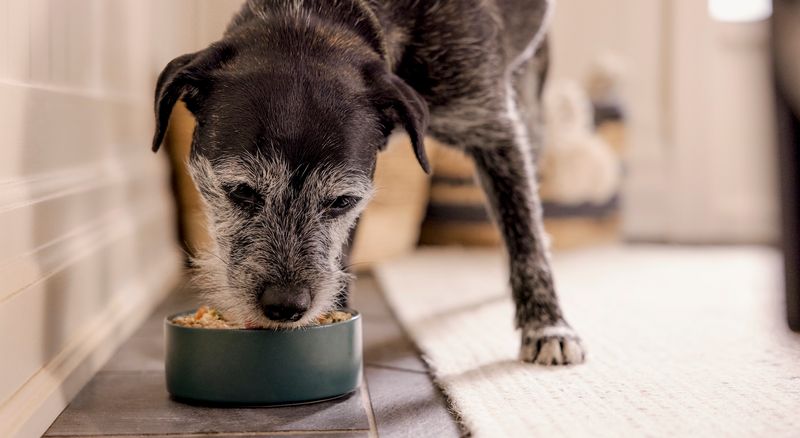
Maintaining a consistent routine is vital for senior dogs, providing them with a sense of stability and security. Regular meal times and walks can help reduce anxiety.
Adjust their schedule as needed to accommodate any physical or behavioral changes, ensuring they remain comfortable.
12. Gentle Physical Activity
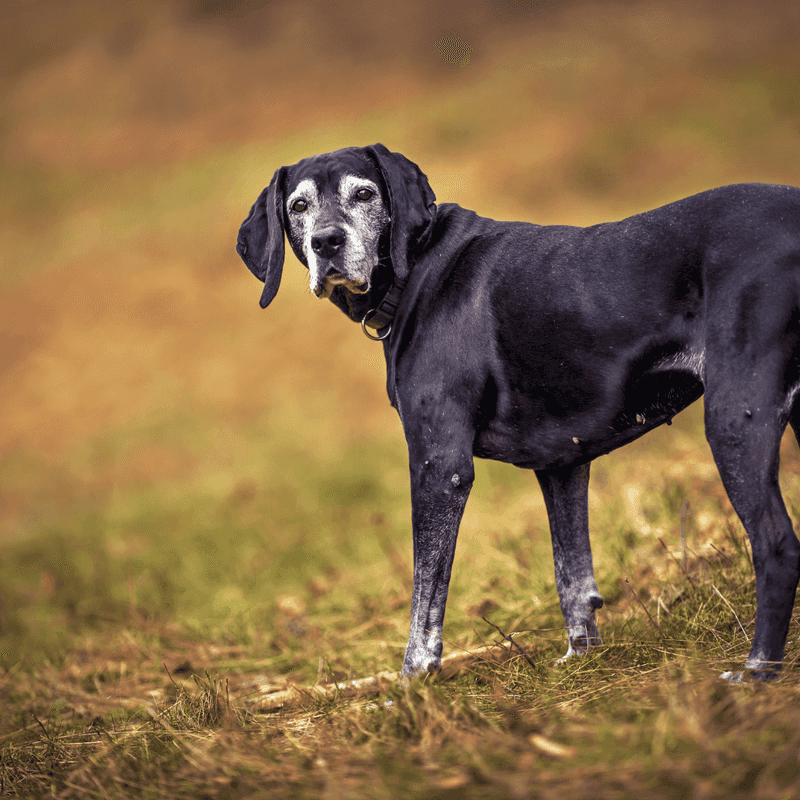
Physical activity remains important for senior dogs, though it should be gentle to accommodate their changing abilities. Short, leisurely walks can be both enjoyable and beneficial.
Activities like swimming or light fetch games can help maintain their mobility and prevent obesity.
13. Use Of Supplements
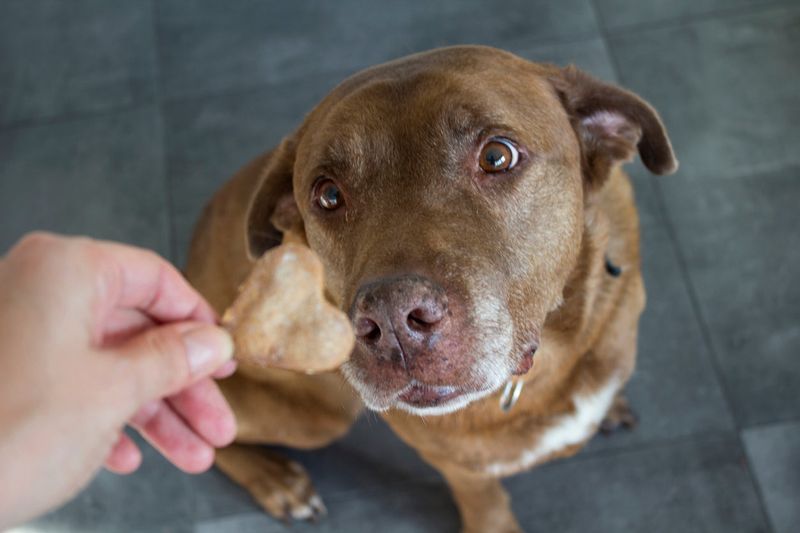
Supplements can support aging dogs, addressing issues like joint pain or cognitive decline. Glucosamine, fish oil, and antioxidants are popular choices.
Consult with your veterinarian before adding supplements to ensure they are appropriate for your dog’s specific needs.
14. Create A Safe Environment
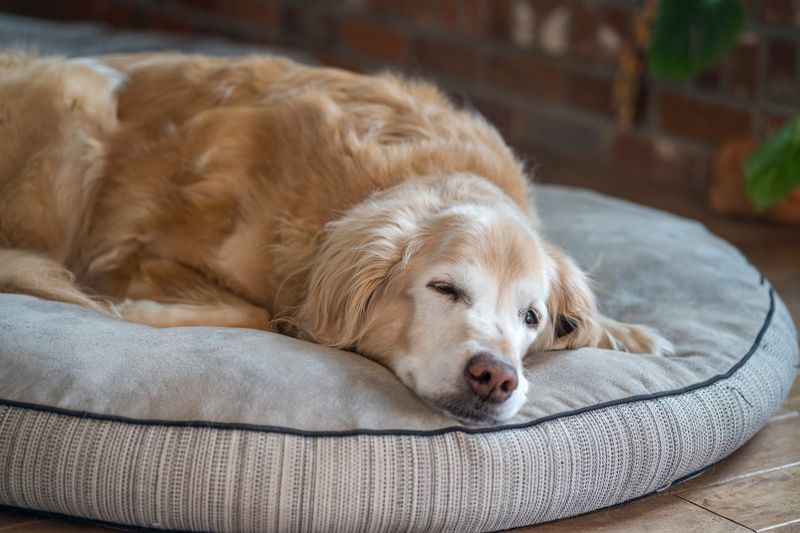
A safe home environment is essential for senior dogs. Remove hazards and provide non-slip rugs to prevent falls.
Safety gates can block off dangerous areas, ensuring your dog can move around safely. These modifications can greatly enhance their well-being.






